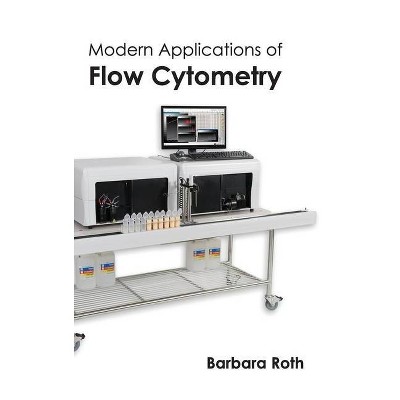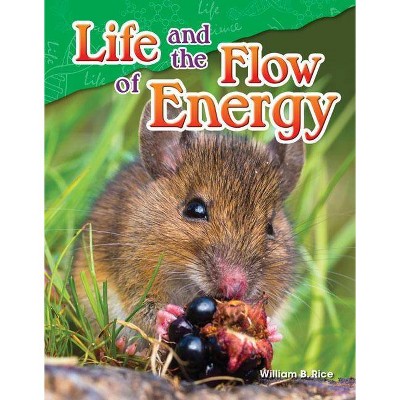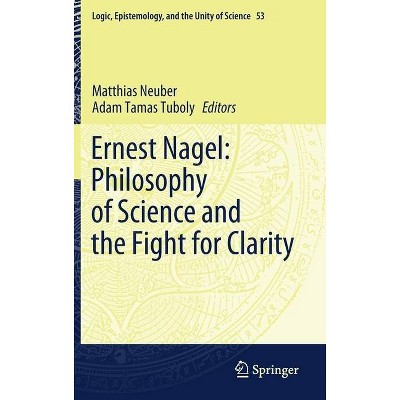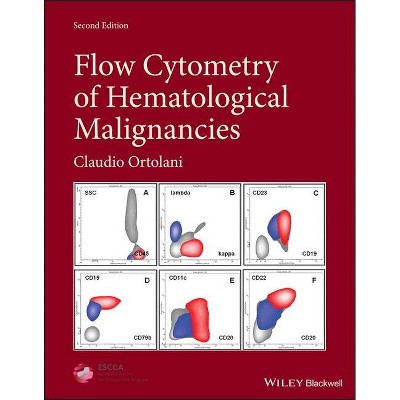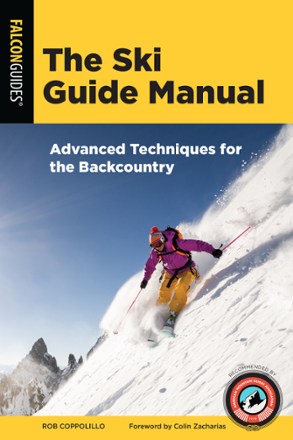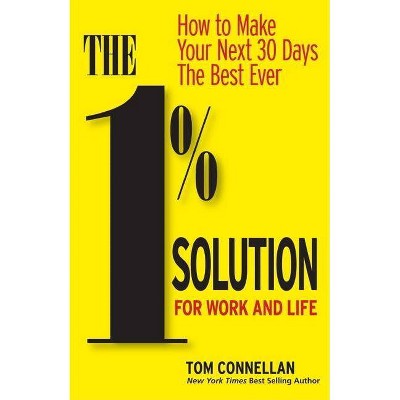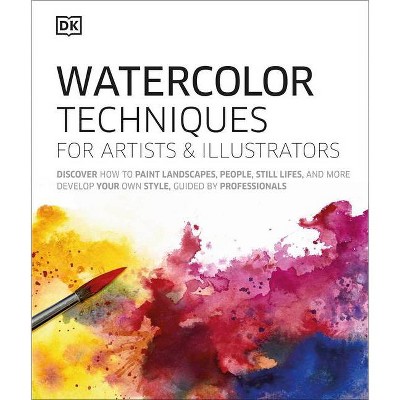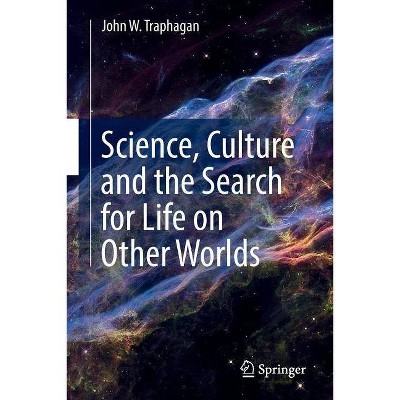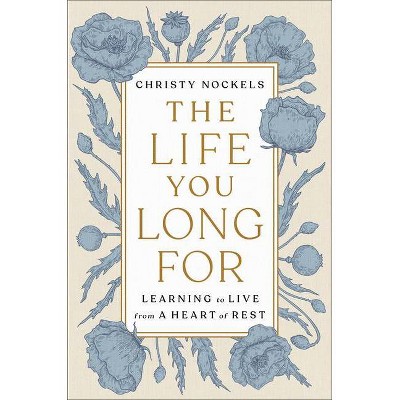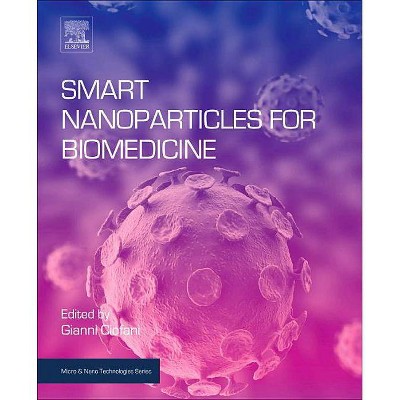Flow Cytometry Basics for the Non-Expert - (Techniques in Life Science and Biomedicine for the Non-Exper) (Hardcover)
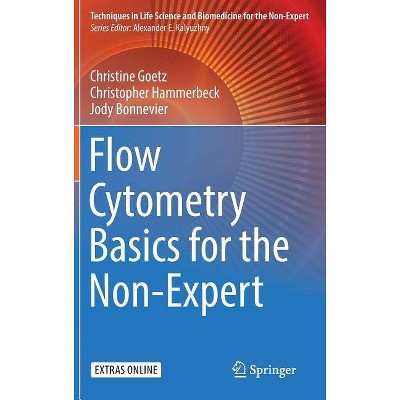
Similar Products
Products of same category from the store
AllProduct info
<p/><br></br><p><b> Book Synopsis </b></p></br></br><p>This first edition volume demystifies the complex topic of flow cytometry by providing detailed explanations and nearly 120 figures to help novice flow cytometry users learn and understand the bedrock principles necessary to perform basic flow cytometry experiments correctly.</p><p>The book divides the topic of flow cytometry into easy to understand sections and covers topics such as the physics behind flow cytometry, flow cytometry lingo, designing flow cytometry experiments and choosing appropriate fluorochromes, compensation, sample preparation and controls and ways to assess cellular function using a variety of flow cytometry assays. Written as a series of chapters whose concepts sequentially build off one another, using the list of materials contained within each section along with the readily reproducible laboratory protocols and tips on troubleshooting that are included, readers should be able to reproduce the data figures presented throughout the book on their way to mastering sound basic flow cytometry techniques.</p><p> </p><p>Easy to understand and comprehensive, <i>Flow Cytometry Basics for the Non-Expert</i> will be a valuable resource to novice flow cytometry users as well as experts in other biomedical research fields who need to familiarize themselves with a basic understanding of how to perform flow cytometry and interpret flow cytometry data. This book is written for both scientists and non-scientists in academia, government, biotechnology, and medicine. <b></b></p><p></p><p></p><p/><br></br><p><b> From the Back Cover </b></p></br></br><p>Flow cytometry allows for the measurement of different aspects of a cell or particles in real time. Applications include quantifying various types of T cells to determine the presence of various immune disorders, such as whether HIV has progressed to AIDS, studying the dynamics of immune signaling in cells to detect the suppression of normal immune function, and analyzing biopsy specimens for tumors, to aid in cancer diagnosis and prognosis.</p><p>In addition to simplifying the technique and using vocabulary accessible to those not trained in cell biology and immunology, the book includes the following 4 unqiue features: <br></p> <p>1) Tips on how to set up an experiment for flow cytometry optimially<br></p> <p>2) An expanded data set of flow staining including multiparameter flow cytometry</p> <p>3) Detailed staining protocols for flow cytometry (ex. protocols optimized for transcription factors, secreted cytokines, phospho-antibodies, and surface antigens)</p> 4) Section devoted to antibody development and conjugation<p></p><p/><br></br><p><b> About the Author </b></p></br></br><p>Christine Goetz, Ph.D., Jody Bonnevier, Ph.D., and Christopher Hammerbeck, Ph.D.</p> <p>R&D Systems, Minneapolis, Minnesota<br></p><p></p> <p><br></p> <p><br></p>
Price History
Price Archive shows prices from various stores, lets you see history and find the cheapest. There is no actual sale on the website. For all support, inquiry and suggestion messages communication@pricearchive.us
